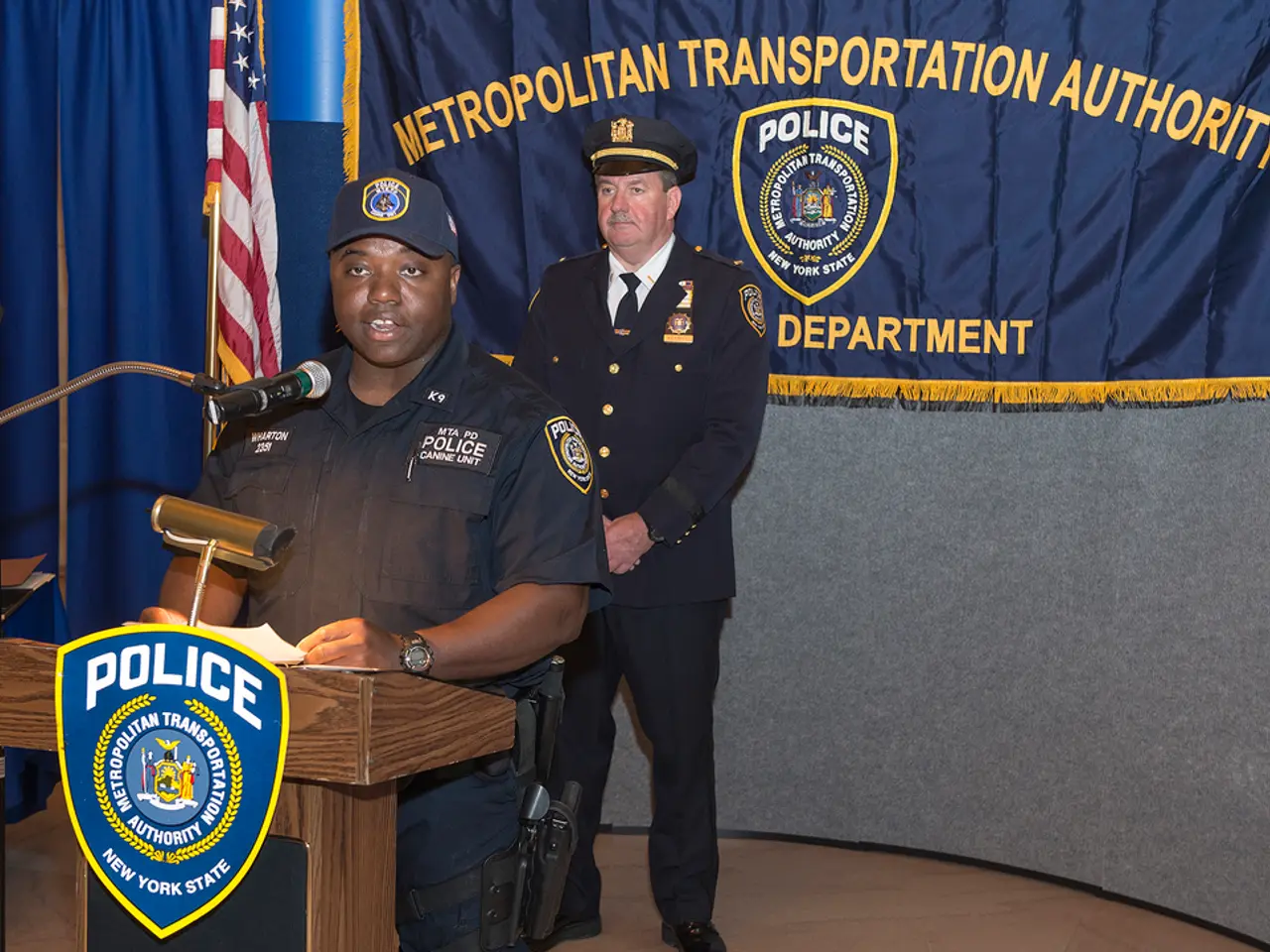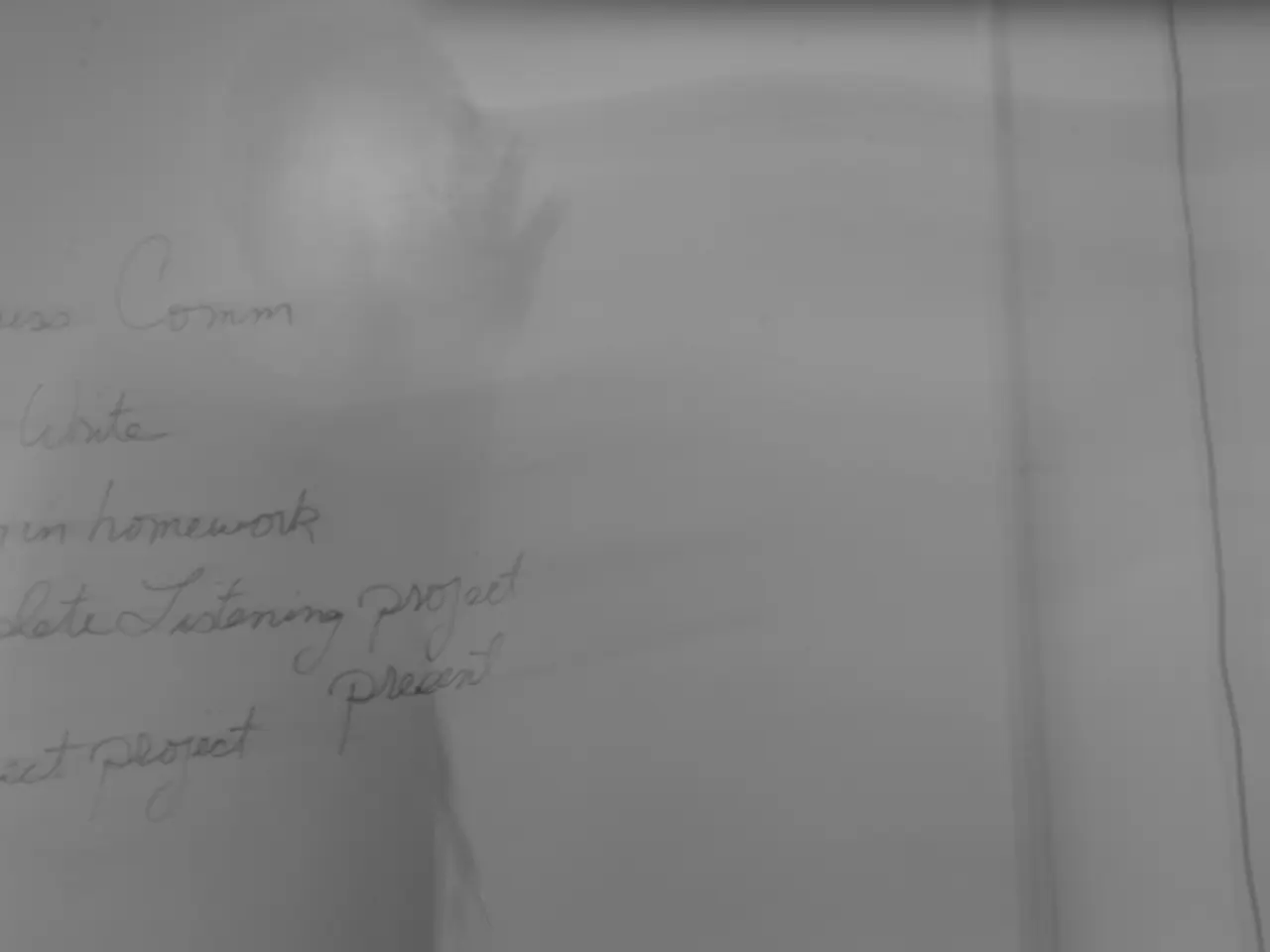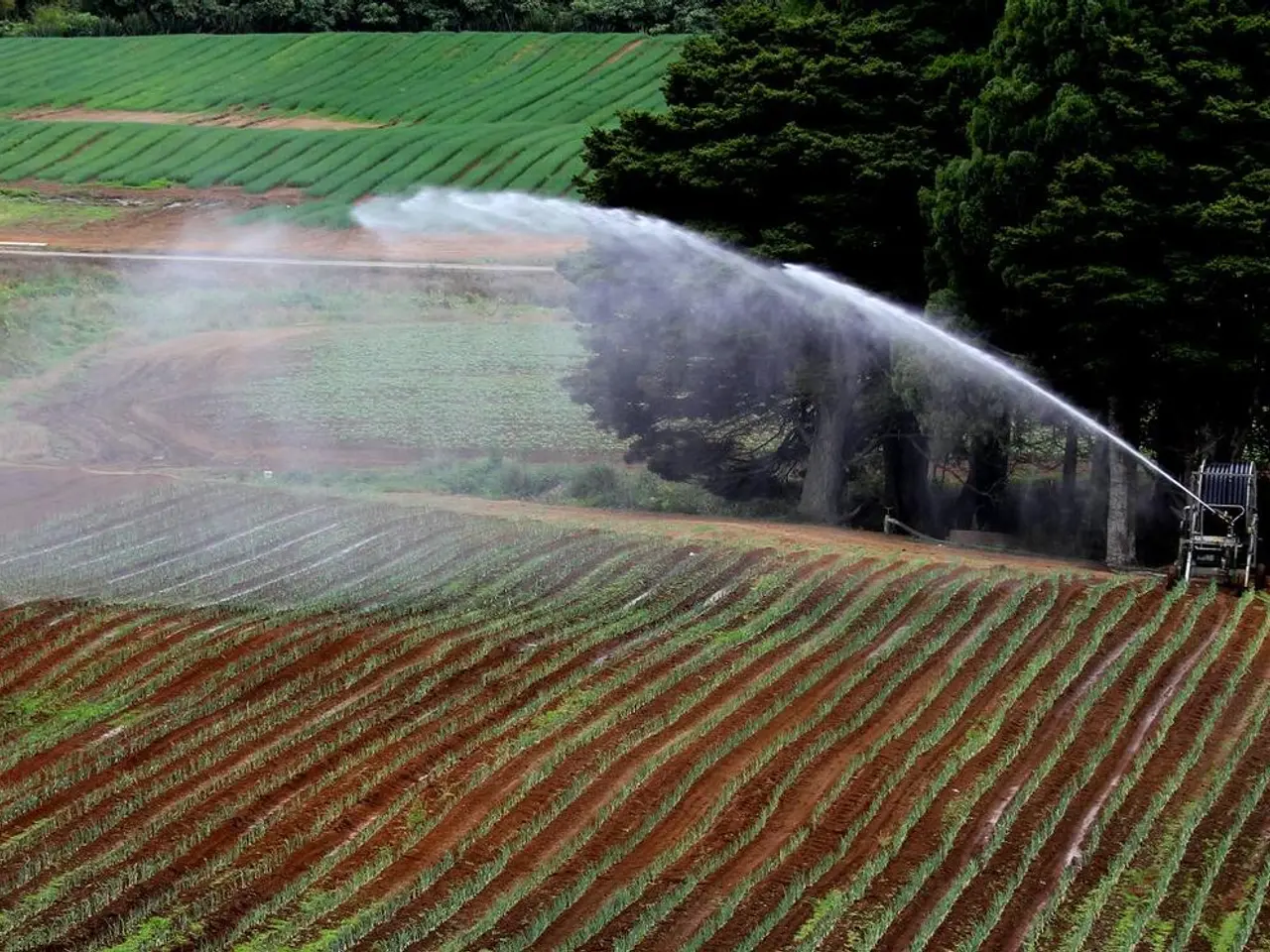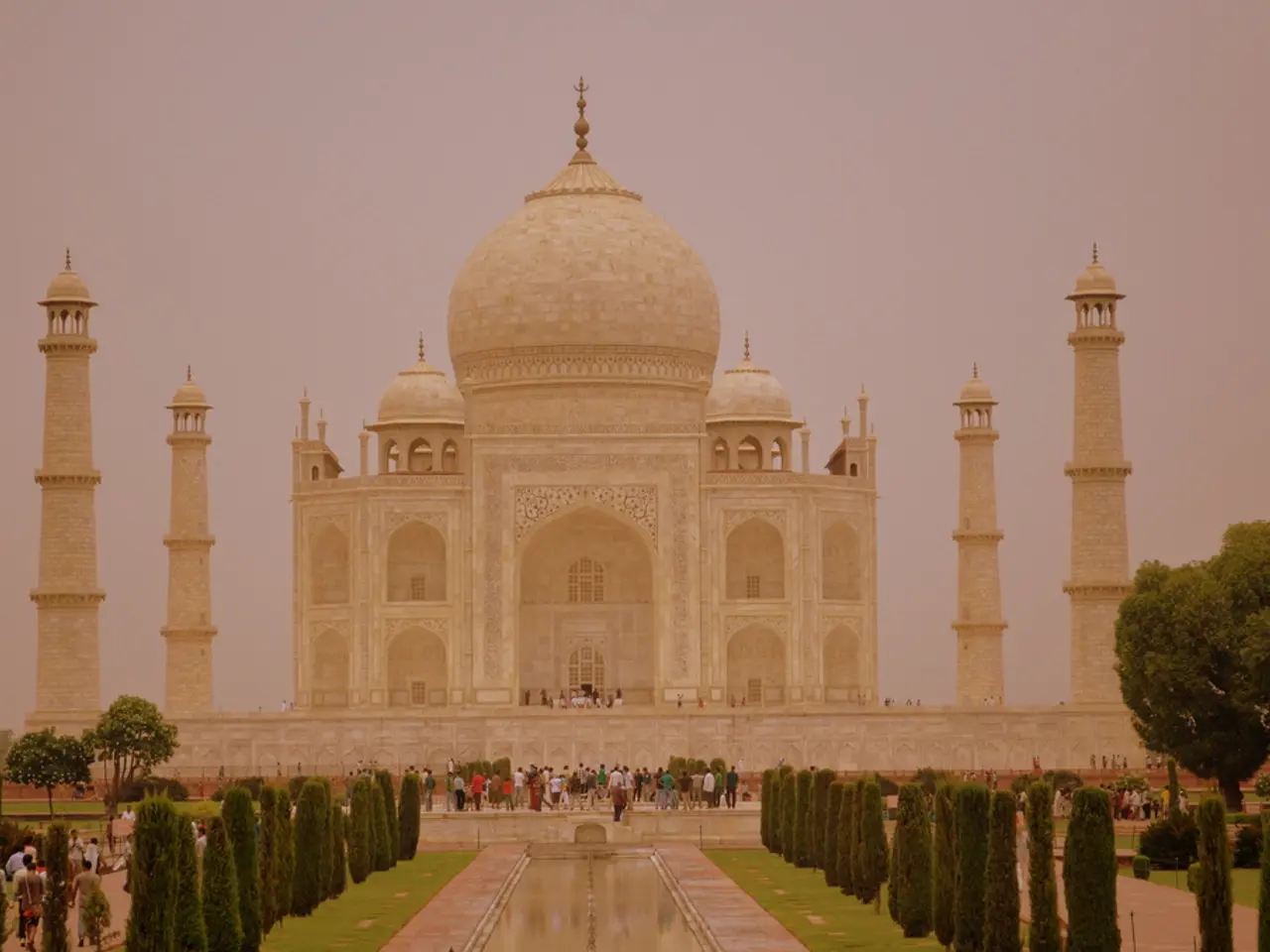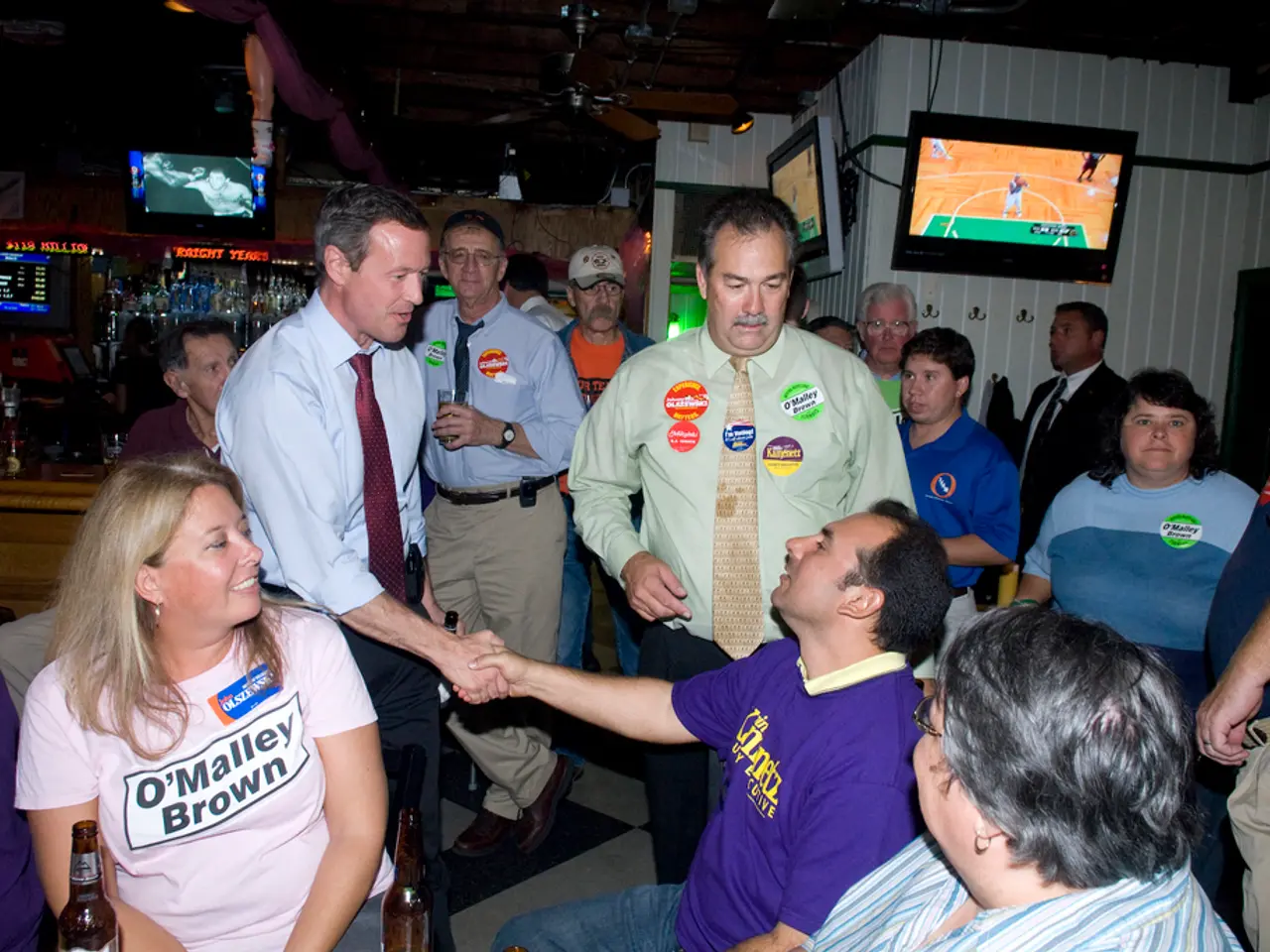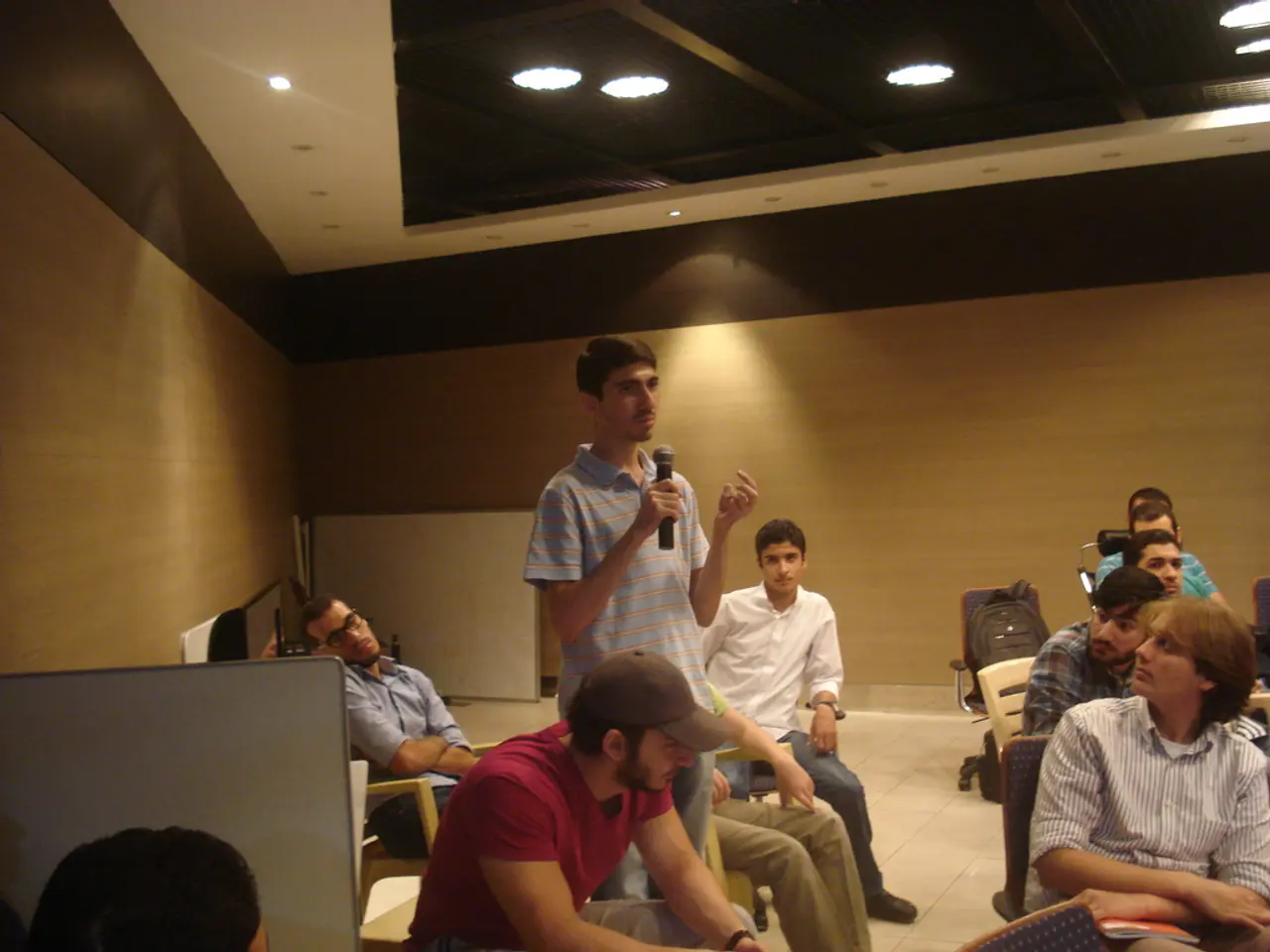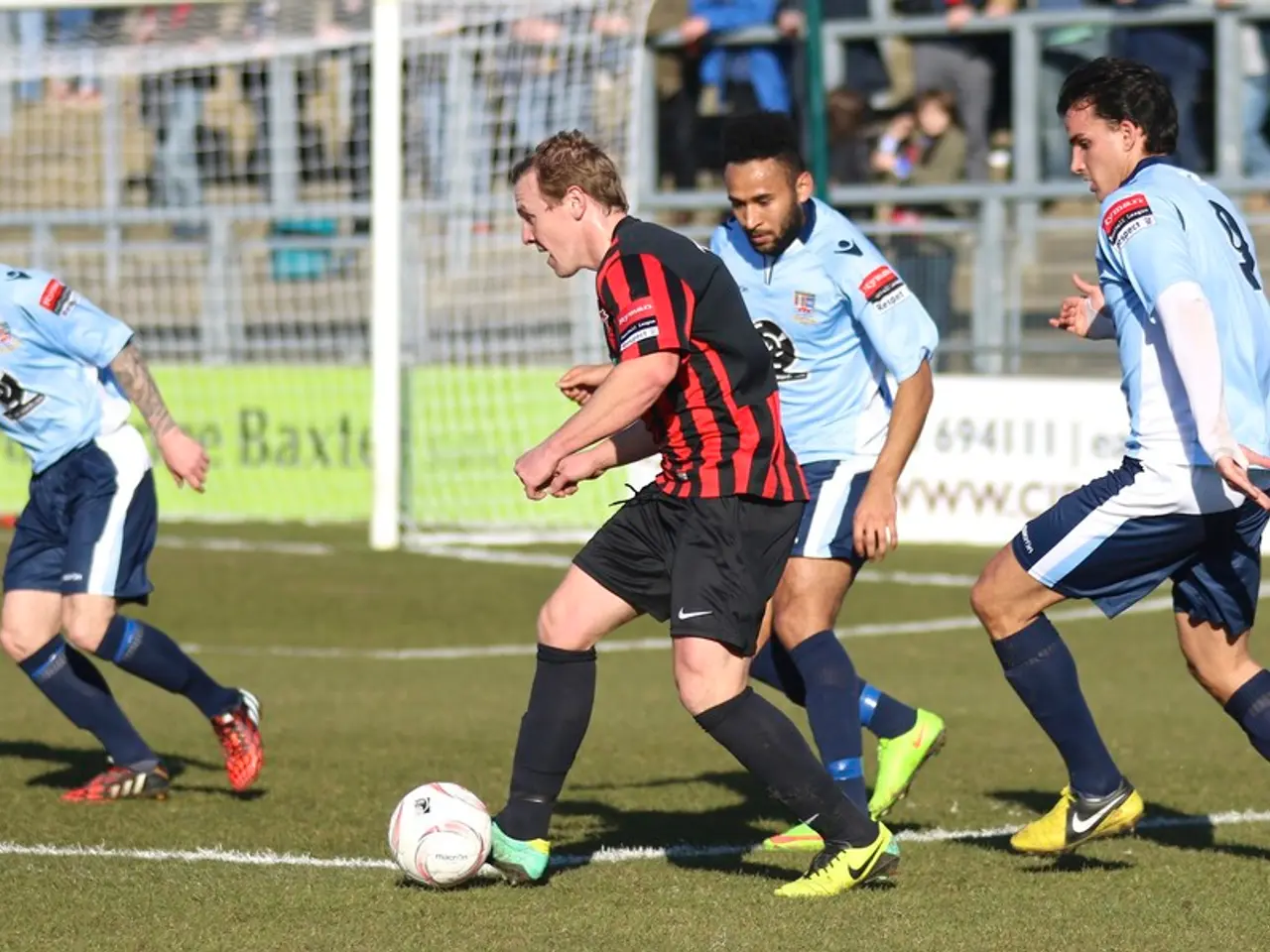Potential Consequences of Trump Deploying National Guard in Washington D.C.
In the heart of American politics, the unique relationship between the President and the D.C. National Guard holds significant implications for law enforcement in Washington D.C.
The President's authority over the D.C. National Guard grants him unusually broad power to deploy these forces for law enforcement functions in the nation's capital. This is due to the city's unique status, as it lacks a governor and the Guard is federally controlled at all times.
This authority allows the President to take direct action in responding to riots, violent mobs, or threats to public order without state-level approval. Here's how this power manifests:
- The President can deploy the D.C. National Guard to assist local law enforcement during crises such as riots or mob violence, bolstering police capacity.
- The President can federalize the D.C. Metropolitan Police for up to 30 days to maintain order without needing congressional approval within that period, potentially changing policing approaches temporarily.
- The President can bypass local government control, as the D.C. Mayor's consent is only required under limited circumstances or for formal requests; often the deployment can originate from federal officials like the U.S. Marshal or the national capital service director.
- The President's interventions may create tension between federal and local law enforcement priorities, as his actions could override or sideline local policies and leadership.
- The National Guard's role in civilian law enforcement raises legal and operational questions, including the applicability of the Posse Comitatus Act and rules of engagement, though courts have generally accepted presidential authority over the Guard in D.C. for law enforcement.
The presence of federal authorities during the 2020 protests in D.C. was met with criticism from D.C. officials, resulting in images of authorities patrolling the city's downtown dressed in full fatigues. The idea of federal troops patrolling D.C. might evoke memories of 2020, when various federal authorities were called in to respond to protests.
It is unclear if the National Guard is a part of the Thursday mobilization, announced by the White House. However, Trump has considered "bringing in the National Guard, maybe very quickly." Trump has also stated he is going to "look at" overturning D.C.'s Home Rule, which would require a vote by Congress.
Experts like Claire Finkelstein and Banks have emphasised that federal authorities in D.C. are subject to the same limits on their authority as they would anywhere else. The DC National Guard reports only to the President, unlike their counterparts in other states.
In the ongoing debate about law enforcement in D.C., it is crucial to remember that enforcing laws by outsiders goes against the American principle of having laws enforced by civilians, police, and at the local level, as Banks mentioned. The National Guard should leave law enforcement duties to the police, according to Finkelstein.
[1] https://www.lawfareblog.com/trump-has-unprecedented-power-deploy-national-guard-washington-d-c [2] https://www.brookings.edu/research/trump-and-the-national-guard-in-washington-d-c/ [3] https://www.washingtonpost.com/politics/2020/06/02/trump-could-deploy-national-guard-washington-d-c-and-here-what-that-means/ [4] https://www.justsecurity.org/68142/trump-and-the-national-guard-in-washington-d-c-legal-and-political-questions/
- The unique authority of the President over the D.C. National Guard, a part of policy-and-legislation, has significant implications in American politics, particularly in the realm of general-news, as it allows the President to bypass state-level approval and respond directly to crises in Washington D.C.
- The role of the National Guard in law enforcement within Washington D.C. has been a topic of debate among experts, with discussions surrounding the application of the Posse Comitatus Act, rules of engagement, and whether their actions go against the American principle of local law enforcement.
